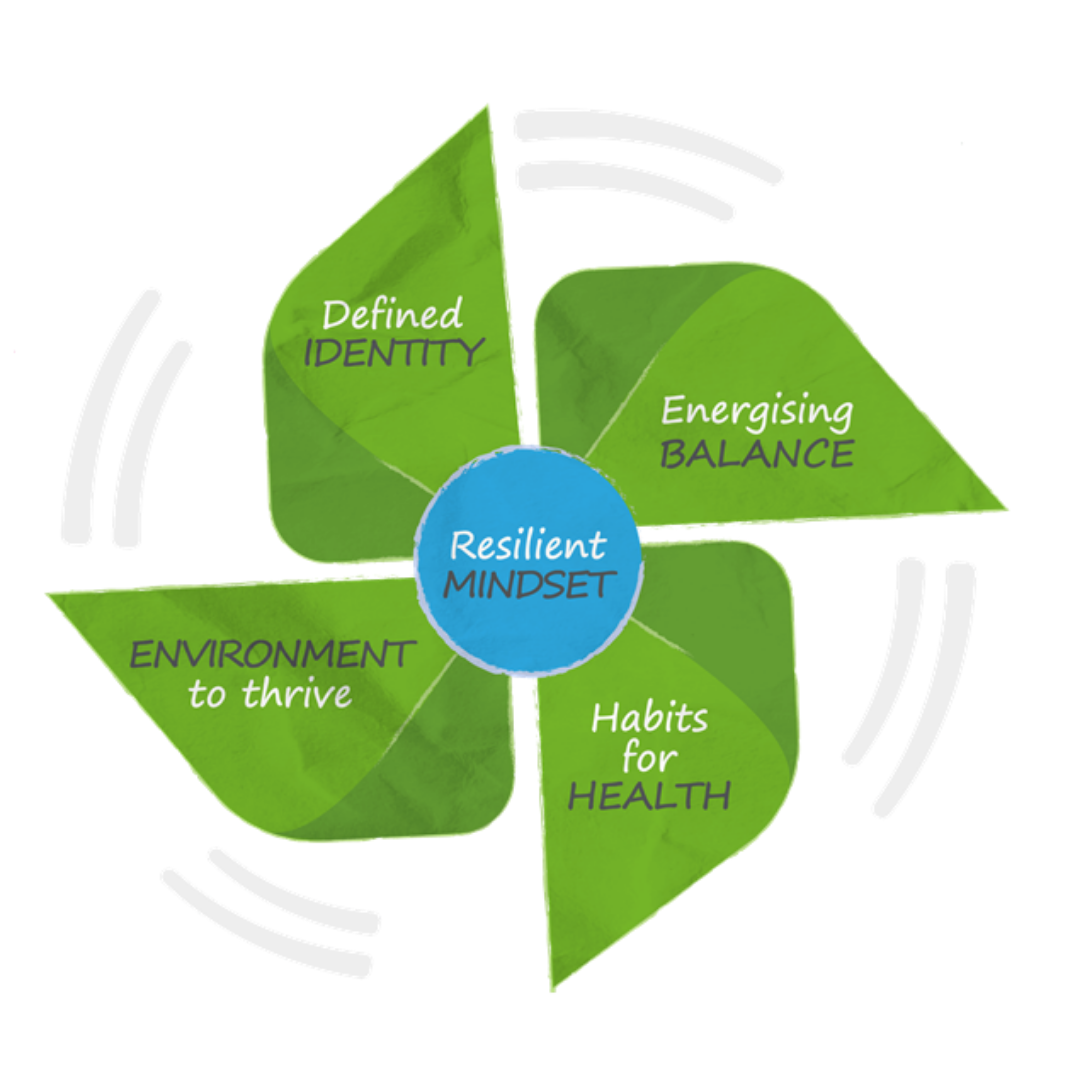Connect with us on LinkedIn for updates and the latest industry news
Hands up if you’ve had more than enough of this live and interactive series of global Big Brother which we’re all playing a role in? Day 104 of Uk version 4.3 of Lockdown and I sense a distinct lack of enthusiasm for the remainder of this never ending ‘boxset’.
What’s changed? Where has our enthusiasm for home baking and the free OU courses gone? The ambition to exit lockdown with athletic physique and newly acquired language skills? It seems to me that many of us are starting to feel the impact of the all-pervading, omnipresent sense of ‘fear’.
Whether that fear is for our personal health, or for that of a loved one. For economic uncertainty (a very real fear for those on furlough or in many industries and small businesses.) Or for the impending societal, environmental or global impact.
We’ve been living with an invisible, intangible ‘monster’, lurking outside our door, at the bottom of the  street, in the next email, or work conversation, or news update since the start of the year.
street, in the next email, or work conversation, or news update since the start of the year.
And it’s debilitating.
Fear is a necessary physiological response. It’s our brain’s way of preparing us for danger. It affects our digestive system, our heart rate, our sleep patterns, our blood flow, even our eyesight and hearing.
“Without anxiety, little would be accomplished,” David Barlow, founder of the Center for Anxiety and Related Disorders at Boston University, has written. His research suggests the performance of athletes, entertainers, business leaders and students would all suffer without the presence of some level of ‘fear’.
But sustained fear, or chronic fear, is equally dangerous. Fear inhibits everything from our ability to regulate our emotions, to our decision-making and processing judgements. It becomes a constant unwanted companion.
And many of our traditional strategies for confronting or managing fear, as exemplified in the multi-million copy best seller ‘Feel the Fear and Do it Anyway‘ won’t or can’t help.
“Switch from Pain to Power Vocabulary, Expand your Comfort Zone each day”… erm, no thanks.
So what can we do to manage or alleviate our fear?
Dr Rob Archer, recently spoke about ‘leading through a crisis‘ and made this point:
[It’s important to recognise}…. ‘we can’t control how we feel, we can only control how we respond. [Fear and..}… anxiety are just data.’
We need to learn to give space (but limited space), and maybe voice to our fears. (Dr Archer also suggested determining a name for the fear!) Recognise when ‘the fear’ is just a primal response, a survival impact that is affecting your mood, your emotions and your decision making.
If it’s serving you well, your fear can be a useful ally. But allowing fear to create an every present platform for your every choice can and will be detrimental to both your mental and physical health.
 Your natural instinct maybe to flight, to fight, or to freeze. It’s important to recognise this is only your FIRST response. It’s what you do NEXT that will make the difference to conquering or being conquered by, your fear.
Your natural instinct maybe to flight, to fight, or to freeze. It’s important to recognise this is only your FIRST response. It’s what you do NEXT that will make the difference to conquering or being conquered by, your fear.
As we slowly start to transition beyond full lockdown in the UK, checking in with our fear and learning to choose our response to it will enable us to gently release the grip of the monster.





